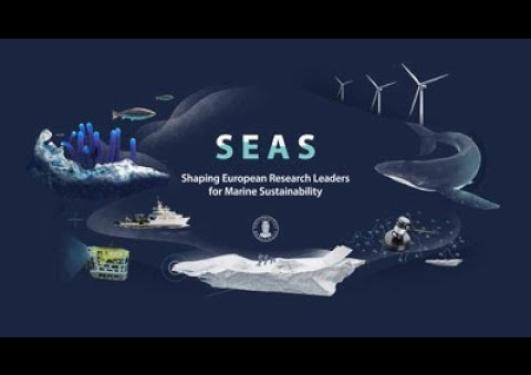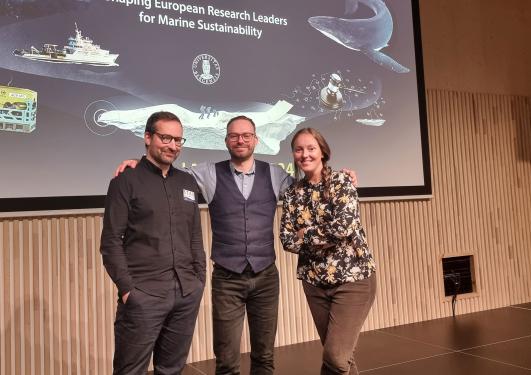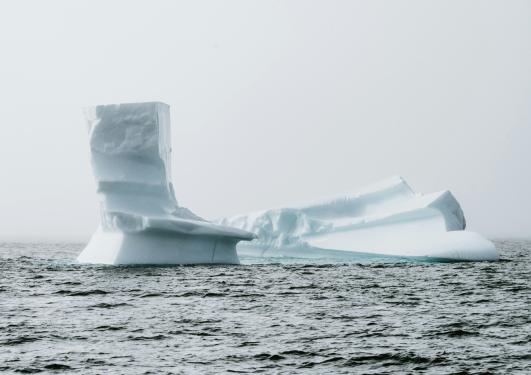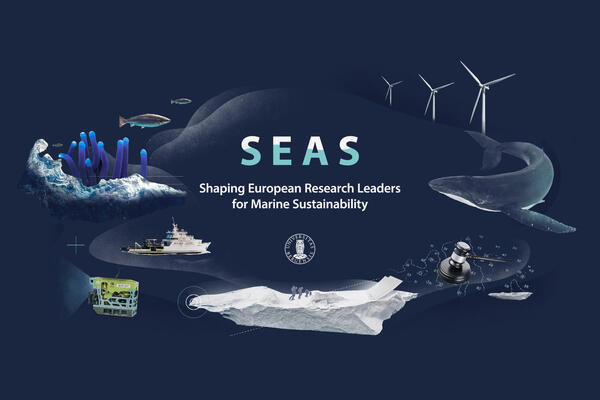
SEAS is a career and mobility fellowship programme for 37 postdoctoral research fellows within marine sustainability. This project has received funding from the European Union’s Horizon 2020 research and innovation programme under the Marie Skłodowska-Curie grant agreement No 101034309.
Marine and coastal areas face multifaceted challenges, threatening biodiversity and humanity on a global scale. To have an impact on marine sustainability, there is an urgent need to integrate perspectives and insights from a diverse range of fields and sectors.
The SEAS programme brings together a variety of aspects of marine sustainability, involving all UiB faculties, and many academic and non-academic partners.
We have had five calls for a total of 37 fellowships (2021, 2022, 2023 and 2024). There will be no more calls.
You can find information about our current SEAS fellows here.
Calendar
SEAS will facilitate international mobility of high-potential, experienced researchers, and provide exposure to world-class international working environments, networks, supervision, and training. The postdoctoral research fellows will be part of a support and training scheme that will give the opportunity to build highly valued competencies in the competitive international academic and non-academic job markets.
Marine collaboration among the academic, business, government, and civil society (e.g., NGOs) sectors is particularly strong in the Bergen region, given the city’s long history as a maritime port and trading centre. UiB’s campus-area, Marineholmen, is a marine hotspot in Europe, with over 150 companies and organisations collaborating in seafood, energy, subsea technology, and other maritime activities. Many of these are partners of the SEAS programme and can provide mentoring, secondments, and collaboration opportunities.
The SEAS programme will boost UiB’s long-standing cooperation with industry partners and public institutions, united in their support to accelerate “blue growth” and enhance the region’s potential to create marine jobs and innovations within a guiding framework of sustainable marine development.
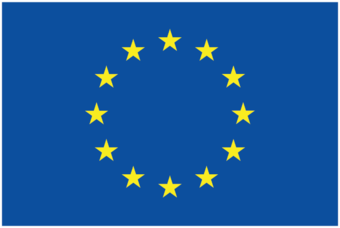
This project has received funding from the European Union’s Horizon 2020 research and innovation programme under the Marie Skłodowska-Curie grant agreement No 101034309.
